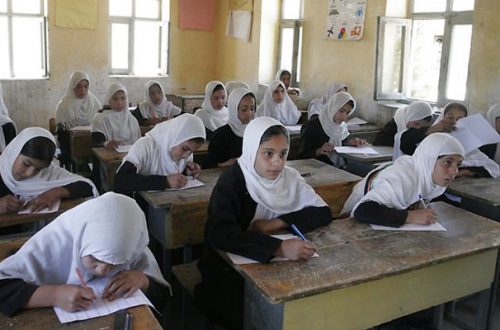Richard Barrett, the coordinator of the UN appointed al-Qaeda, Taliban Monitoring Team, has written an appraisal of the effect of the economic downturn on Al Qaeda:
Al-Qaeda leaders, unlike their Taliban hosts who are heavily involved in the lucrative drug trade, do not currently have significant financial resources. (Their current financial state contrasts sharply with the situation before the September 11 attacks, when the annual al-Qaeda budget was between $20 and 30 million a year, of which several million went to the Taliban.) The financial crisis is most likely affecting the amount of donations al-Qaeda receives, as donor resources fall and requests from other supplicants increase.
Because of its tenuous financial state, al-Qaeda often asks for money. Mustafa Abu al-Yazid, also known as Shaikh Said, whom the 9/11 Commission Report identified as al-Qaeda’s chief financier, and who is now considered the head of al-Qaeda operations in Afghanistan, often makes direct appeals for donations. For example, in an interview in mid-2008, he stated that al-Qaeda had many potential suicide bombers but lacked the resources to equip them. Abu Yahya al-Libi, considered the principal religious authority in al-Qaeda, also often appeals for money in his statements, arguing that donating is a perfectly adequate and acceptable alternative to fighting.
Financial problems take a serious toll on al-Qaeda’s ability to run its organization effectively. Even the group’s leadership in the Afghan-Pakistani border area must pay for food, living quarters, accommodations for families of fallen comrades, and security, both in terms of hiring guards and in buying the silence of their neighbors. In addition, the leaders need money to recruit and train operatives and to mount operations.
He also notes the dangers that cutbacks in security in Western nations could put at risk counter terrorism work.
